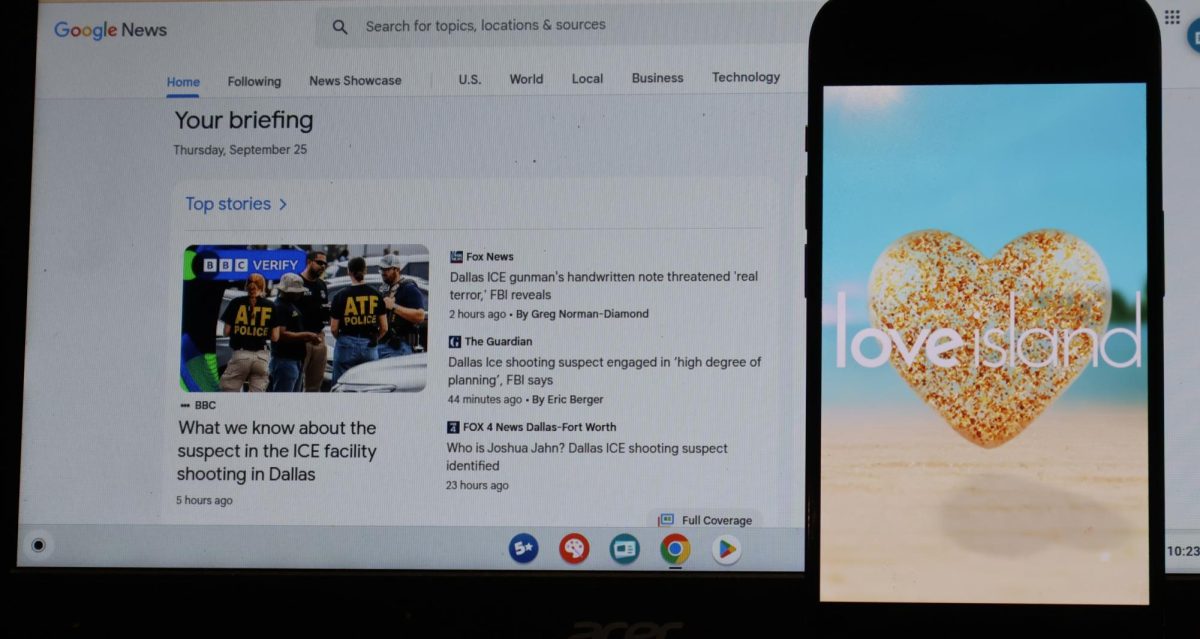Going to the gym. Eating less fast food. Saving more and spending less. Every year in January, as the fireworks boom and confetti pops, society almost forces others to make goals that they will meet in the new year. For years I have felt pressured to make these resolutions, and was left distraught when I failed to reach them. I don’t hate New Year’s resolutions, but I have seen that they do more harm than good.
Research shows that 80 percent of Americans quit their New Year’s resolutions within a few weeks or a month from making them. Often after the holiday season I hear people say “New Year, New Me!” What does that really mean? I understand the rush of motivation associated with a fresh start, but if this new beginning doesn’t last, what are we doing wrong?
I excitedly began 2023 creating specific resolutions that were important to me: going to the gym, eating healthier, and controlling my spending habits. While I initially found some minor success, the reality was that these goals did not stick with me as the months progressed. They were too vague for me to track and I slowly started to lose momentum as the weeks passed. By February, I had given up on my bold objectives and reverted back to my old ways.
The goals that I have should not be postponed to the new year. Growth should be constant in order to meet my goals. I realized this when I took a vacation to Hawaii last year. I knew I wanted to work out more in order to feel my best while on vacation, so I made it my resolution to exercise before the trip. I had no desire to postpone the start of my goals to the new year, because it was important to me then. In short: the reason resolutions fail to succeed is because society enforces the need to wait and start them at the beginning of the year. Once a person fails a goal, they may wait until the next new year to attempt them again.
Perhaps another reason resolutions fail so quickly is because people realize they don’t really want to change. I started every year stating that one of my resolutions was to eat healthier. In reality, that meant I needed to stop eating fast food and start preparing my own meals. The issue I faced was that I was too lazy to make something at home, and justifying eating out because it was faster and tasted better. Even though I claimed I wanted to change, I realized that I did not want to accomplish the steps to get me to achieve my goal.
Creating goals for yourself is never a bad thing, but resolutions should stop being a New Year’s tradition. Instead, these goals should be made throughout the year and be specific. These changes could be key to building a more successful society that can grow for the better. Living in a constant cycle of unfulfilled goals and unimproved people could turn us into zombies with no motivation to want more out of life. Instead, change your New Year’s Resolution to a Year-round resolution.







